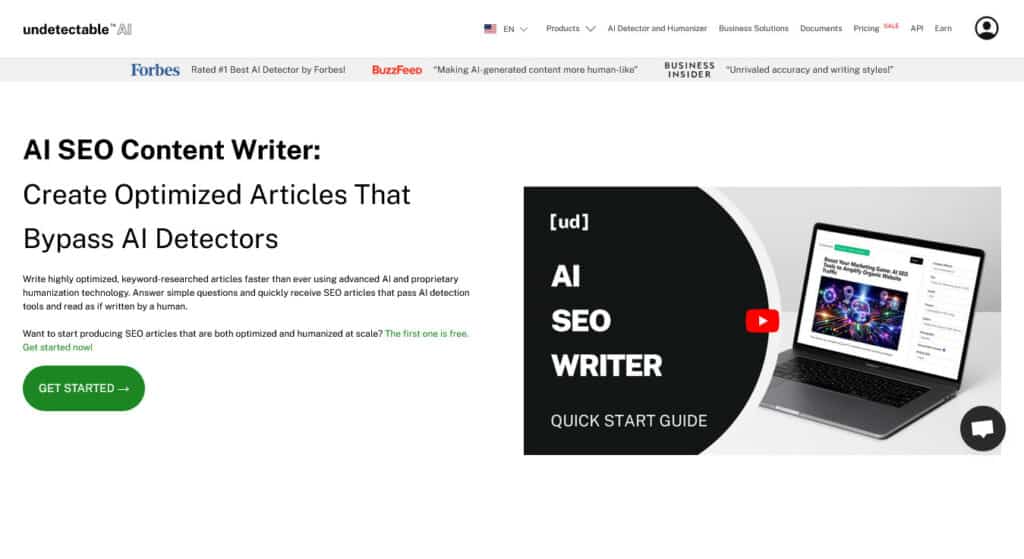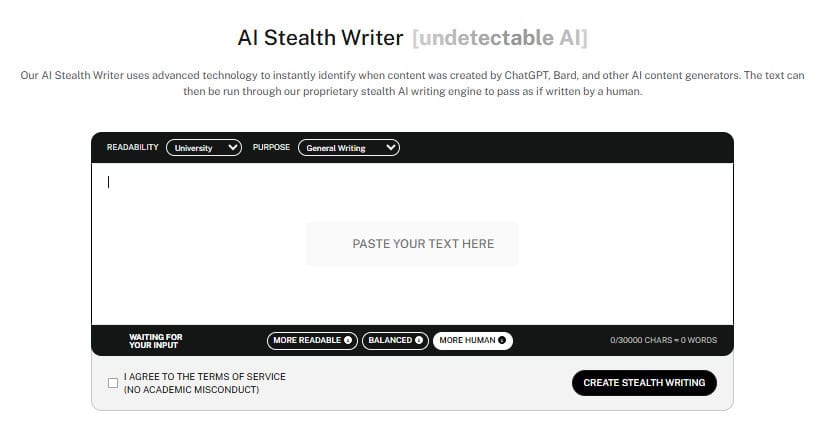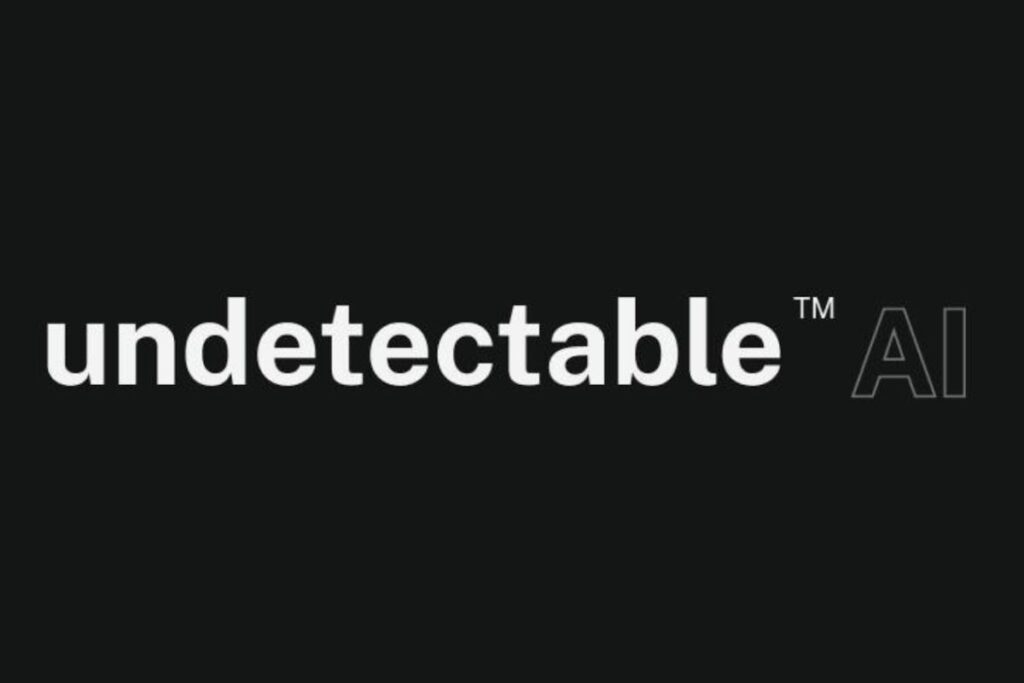If you work in marketing or SEO, you’ll already know that finding the right keywords can make or break online performance.
You’ll also know that there is absolutely zero shortage of keyword tools out there to help you pin down the right keywords for your website.
One tool that often flies under the radar is Wordtracker’s keyword tool, a veteran in the SEO space and renowned for its simplicity.
But in a world dominated by SEO giants like Ahrefs and SEMrush, is Wordtracker still relevant?
In this review, we’re taking a closer look at Wordtracker’s key features, reliability, and overall value so you can decide if it deserves a spot in your SEO toolkit.
TL: DR – Wordtracker’s simplicity makes it best suited for beginners and small businesses who need to conduct basic keyword research.
However, it lacks the advanced features, integrations, and competitive insights that larger SEO platforms provide.
Key Takeaways
- Wordtracker is a simple, beginner-friendly keyword tool best for small businesses and freelancers.
- Strong at uncovering long-tail keywords but lacks advanced SEO features found in SEMrush or Ahrefs.
- Free plan available, with paid options starting at $17 per month—cheaper than most SEO platforms.
- Works best when paired with content tools like Undetectable AI’s SEO Writer to turn keywords into optimized articles.
What Is Wordtracker?

Wordtracker is a very basic keyword research tool designed to help digital marketers, content creators, and businesses identify search terms to target online.
The platform originally launched in 1998 when Google was still in Beta, so it’s considered one of the OG’s of keyword research.
Wordtracker does not have all the bells and whistles you’d typically find with enterprise-level SEO tools.


Never Worry About AI Detecting Your Texts Again. Undetectable AI Can Help You:
- Make your AI assisted writing appear human-like.
- Bypass all major AI detection tools with just one click.
- Use AI safely and confidently in school and work.
But that simplicity is part of its appeal, making it best-suited for small businesses, solo bloggers, and beginners.
Core Features of Wordtracker
Wordtracker focuses on the essentials of keyword research (after all, the platform’s been around since the early days of search), without overwhelming users with too many features or add-ons.
Here are the platform’s key features:
- Keyword Research: Enter a keyword and you’ll get a list of related search terms, complete with search volume, competition, and opportunity scores.
- Long-Tail Keyword Discovery: Wordtracker excels at uncovering long-tail terms that bigger tools often overlook, giving you niche opportunities to rank.
- Competitor Insights: You can see which keywords your competitors are targeting and spot gaps in your own content strategy.
- Filtering and Sorting: You can organize your results by relevance, competition, or search volume and hone in on the most promising keywords.
- Export Options: You can download your keyword lists for further analysis or share your lists with your team.
Wordtracker really does cover all the SEO basics. But one thing that is missing from the platform is a way to turn its keyword research and insights into actual content.

That’s why Wordtracker tends to work best when paired with a dedicated SEO content tool (like Undetectable AI’s SEO Writer), which allows you to turn your keyword insights into SEO-optimized outlines and blog content.
Ease of Use & Interface
Wordtracker’s main selling point is its simplicity, which is like a breath of fresh air if you’ve ever experimented with more advanced SEO tools.
A few notable interface features include:
- Clean dashboard: Your main dashboard is straightforward, with no clutter or unnecessary extras.
- Quick keyword generation: All you have to do is enter a starting keyword, hit search, and you’ll receive your results instantly in an easy-to-read list.
- Easy filtering: You can sort and filter keywords by search volume, location, competition, or relevance. You can also toggle between PPC, SEO, and Google Search Console.
- Beginner-friendly: Even if you’ve never used a keyword tool before, you can pick up Wordtracker fairly quickly after spending some time playing around with the platform.
That said, the platform’s simplicity does come with a few tradeoffs.
For example, larger teams, businesses, and SEO agencies may find it too basic compared to more advanced tools like SEMrush or Ahrefs.
Wordtracker focuses on doing one thing well: keyword research.
So if you’re looking for a full suite of SEO tools with backlink tracking or site audits, you’ll need to pair it with another tool.
Pricing and Value
One of Wordtracker’s biggest advantages is its price point.
A lot of keyword research tools out there hide their key features behind expensive subscriptions, but Wordtracker is free to get started, and this free version even gives you access to the platform’s core keyword data.
This makes Wordtracker super accessible for students, freelancers, and small businesses who just want to dip their toes in SEO without committing to a costly plan.
It’s important to note, though, that the free version of Wordtracker is limited to only three searches per day, so if you need more searches, you’ll have to purchase a monthly plan.
Beginner packages start from around $17 per month and can range up to $99 per month for more advanced packages, which is still much lower than some of the most popular SEO tools.
Accuracy & Reliability
In terms of keyword accuracy, Wordtracker delivers solid but minimal results.
For example, the tool pulls data from multiple search engines (although its datasets are smaller compared to tools like SEMrush and Ahrefs), and it then organizes this data into useful keyword lists.
For basic keyword discovery, it does the job well, especially if you’re looking for long-tail opportunities that some of the bigger tools often overlook.
Beyond keyword discovery, though, Wordtracker is limited.
The platform does not provide more detailed insights into search intent, competitor strategies, or backlink data… all of which are standard in more advanced SEO platforms.
This makes Wordtracker less reliable for building a full SEO strategy, since you’ll need to supplement the platform with additional SEO tools (which can get expensive).
How to Use Wordtracker: A Step-by-Step Guide
Getting started with Wordtracker is super easy. Here’s how it works:
- Enter a starting keyword: Type in a broad keyword related to your niche (such as “digital marketing” or “fitness tips”).
- Review keyword suggestions: Wordtracker will generate a list of related search terms. Each suggestion comes with search volume, competition score, and relevance.
- Filter your results: Use Wordtracker’s built-in filters to sort by competition, search volume, or location. This helps you spot search terms that are relevant for your niche but also easy to rank for.
- Export your keyword list: You can save your keyword list as a CSV file or copy the results and integrate them into your SEO content planning docs.
From there, you can send your keyword list to your content writers for drafting content.

Or, you can plug a select few keywords directly into a tool like Undetectable AI’s Stealth Writer and create undetectable, human-like content in a flash.

User Feedback & Credibility
Wordtracker has an all-around good reputation and is widely praised for being beginner-friendly and easy to use.
For example, Wordtracker has a 7.5/10 score on TrustRadius, with one reviewer commenting that the platform is “easier to use than SEMrush and I have some of my employees use it for that reason.”
The platform also has 4.5 out of 5 stars on G2 and a 92% score on BeginDot.
Wordtracker vs Competitors

So how exactly does Wordtracker stack up against other SEO tools? Here’s an overview of its strengths and weaknesses and how it compares.
| Strengths | Weaknesses | Best For… | |
| Wordtracker | Simple, beginner-friendly, free plan available, strong on long-tail keywords | Smaller database, limited features, no AI integration | Bloggers, freelancers, and small businesses |
| SEMrush | Full SEO suite including keyword research, backlinks, audits, and competitor analysis | Expensive, steep learning curve | Agencies, enterprises, and SEO specialists |
| Ahrefs | Huge backlink database, detailed SERP insights, powerful competitor tools | High cost, overkill for more casual users | Agencies, enterprises, and SEO specialists |
| Ubersuggest | Low-cost, offers keyword ideas, content suggestions, basic SEO audits | Less accurate, limited depth compared to more premium SEO tools | Bloggers, freelancers, and small businesses |
Want to give our AI Detector and Humanizer a spin? They’re right below!
Final Verdict
So is Wordtracker worth it? Yes, but you’ve got to keep your expectations in check.
This is a platform that has been here since the very beginning, so it knows a thing or two about keyword research.
And although there are gaps in its capabilities, it is still widely respected as a solid and reliable keyword research tool.
Wordtracker really shines as an accessible, entry-level keyword research tool. But it isn’t intended to replace a full enterprise-level SEO platform.
That’s where Undetectable AI comes in with its SEO Writer for optimized, search-ready content.
And with the AI Stealth Writer, you can ensure your text remains natural, authentic, and undetectable.
For that, you’re better off investing in an SEO powerhouse like SEMrush, Ahrefs, or Moz.
Try Undetectable AI today to take your keyword strategy and content creation to the next level.
